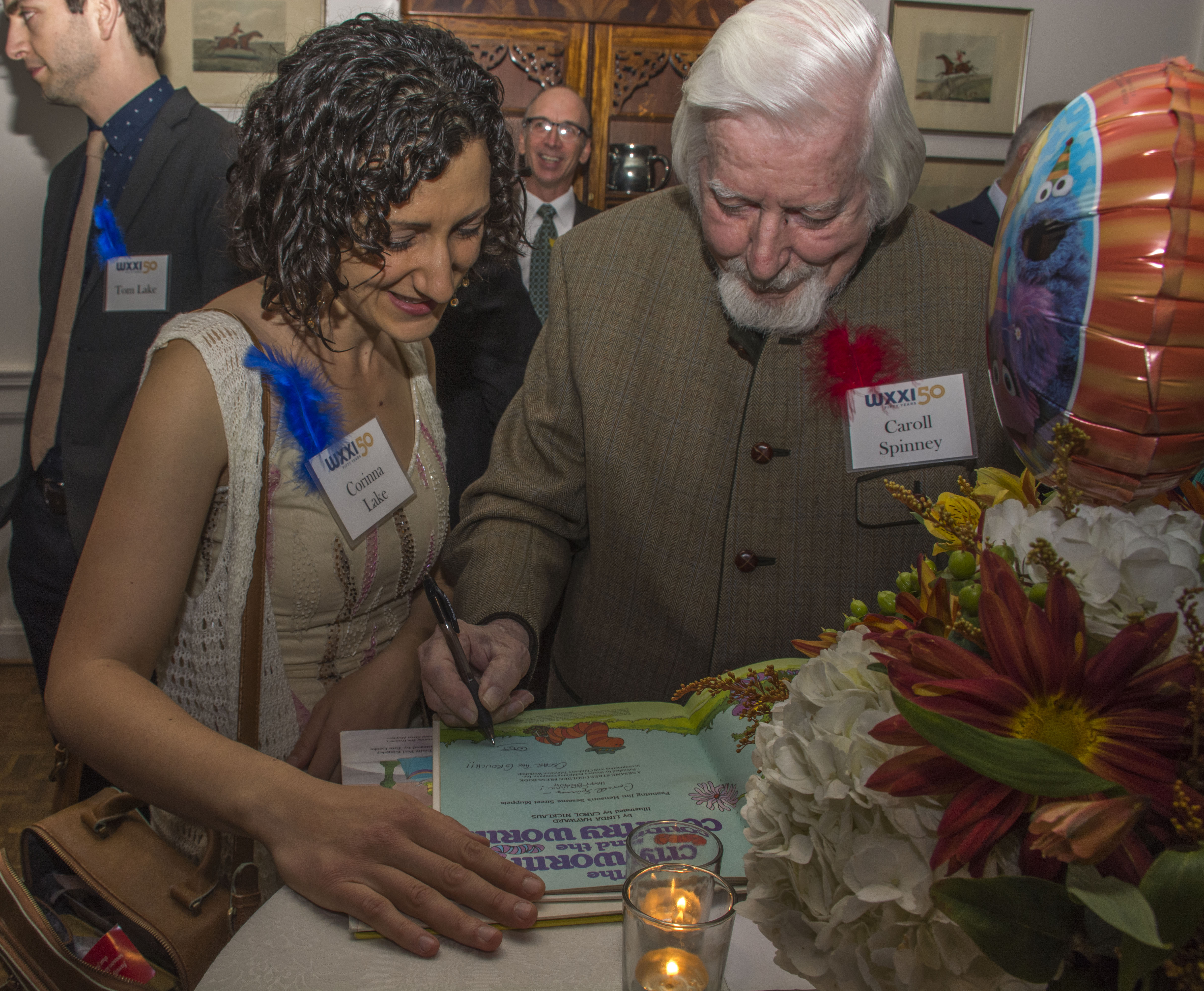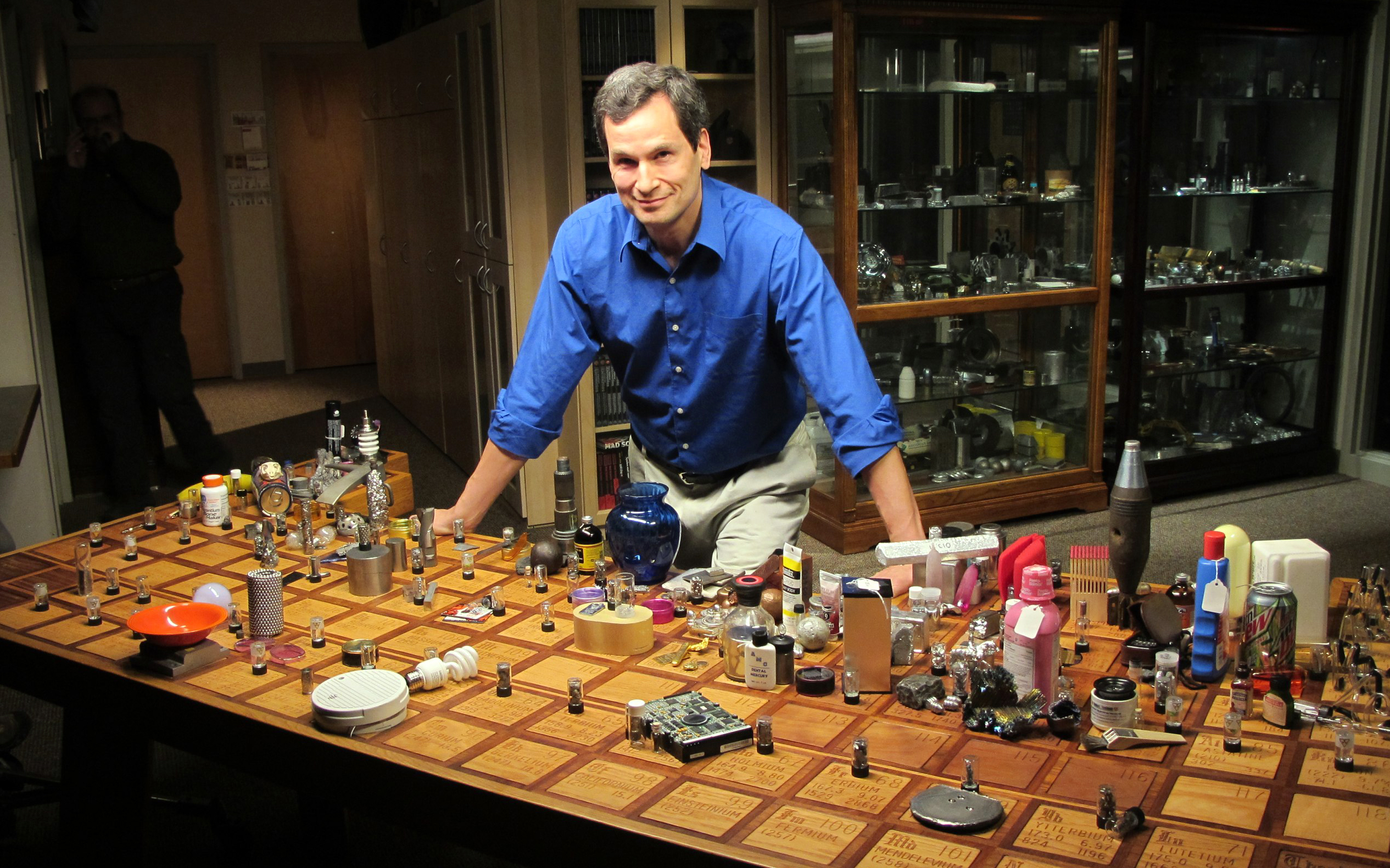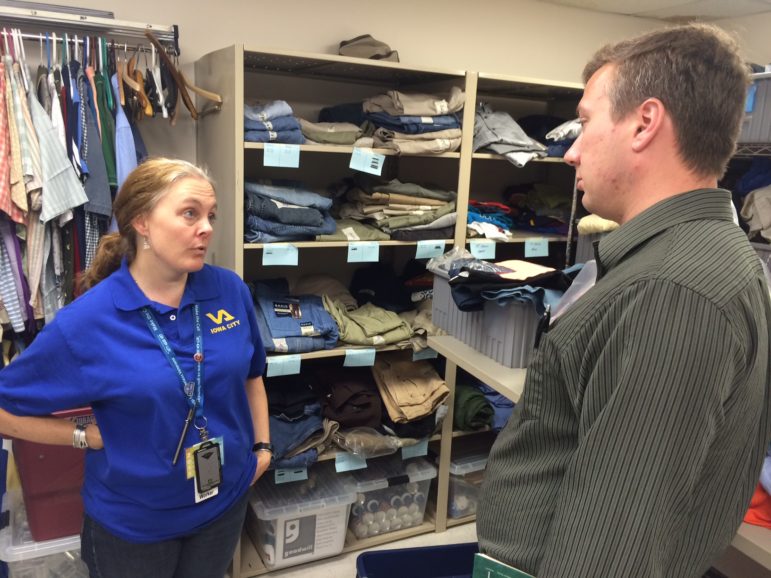Development
ACLU fundraiser looks to public media for guidance
Organizers sought input from public media consultants on best methods for encouraging mobile giving and fundraising on television.WGBH finds authenticity, strong visuals boost response to Facebook Live fundraising
WGBH tested the platform in June and December 2016 by bringing viewers behind the scenes with live pledge segments of up to ...PBS test of social media fundraising raises little but teaches lessons
The pilot explored whether a social fundraising platform could enhance pledge by providing a new stream for “microtransactions.”Stations shape fundraising pleas amid funding threat, potential auction windfalls
Public television’s spring fundraising rolled out in a heated high-stakes environment for clearly communicating a case for support.First Look Media and Democracy Fund to provide $12M for investigative journalism
Grantees include the Center for Investigative Reporting, the Center for Public Integrity and ProPublica.What’s a major gift in public media? Depends on who you ask
At most stations, individuals who contribute at least $1,000 cumulatively over a year are considered major donors. But outside of public media, ...Small, midsize stations make progress with major-donor fundraising
Small and midsize stations must be especially creative in developing ways to engage and grow their pools of major donors.Farewell, tote bags: PBS Passport draws younger donors as membership reward
More than a year after its debut, PBS and stations are reaping rewards of the on-demand offering and planning for its future.Sesame Workshop named semifinalist in $100M MacArthur Foundation grant competition
Its proposal, one of eight selected as semifinalists, targets children who face violence, limited access to education, loss of loved ones and ...PBS will help stations convert social media followers to donors during March pledge
Stations will work with Goodworld.me, a platform that streamlines the process of making donations via Facebook and Twitter.‘Nova’ sets $2.25M stretch goal for first Kickstarter campaign
With crowd backing, a science special featuring David Pogue would be distributed to every U.S. high school.PBS Development, stations to test social media fundraising platform
A pilot campaign will use Goodworld.me technology to support the March pledge drives of up to 10 stations.Knight Foundation report: Public radio needs to work harder to adopt digital-first orientation
“From Airwaves to Earbuds: Lessons From Knight Investments in Digital Audio and Podcasting,” finds that the public radio system is "not yet ...Knight News Match raises more than $1.2 million
“This is yet another sign that the public is willing to pay for quality journalism,” said Jennifer Preston, Knight Foundation’s VP of ...API publishes guidelines for philanthropic funding of news
The ethical framework, which offers best practices for ensuring editorial independence, emerged from two years of work with grant-makers and leaders of ...











